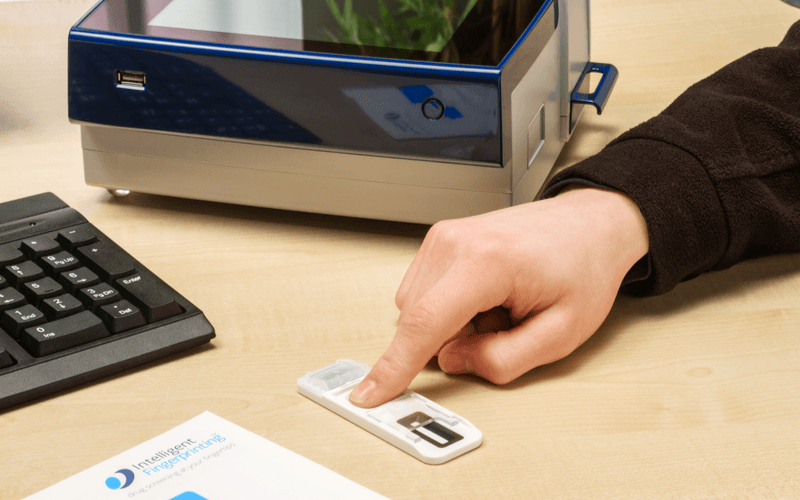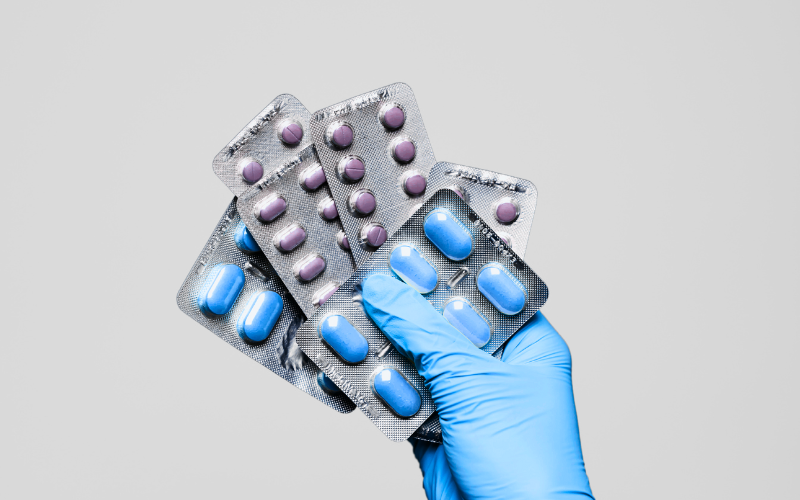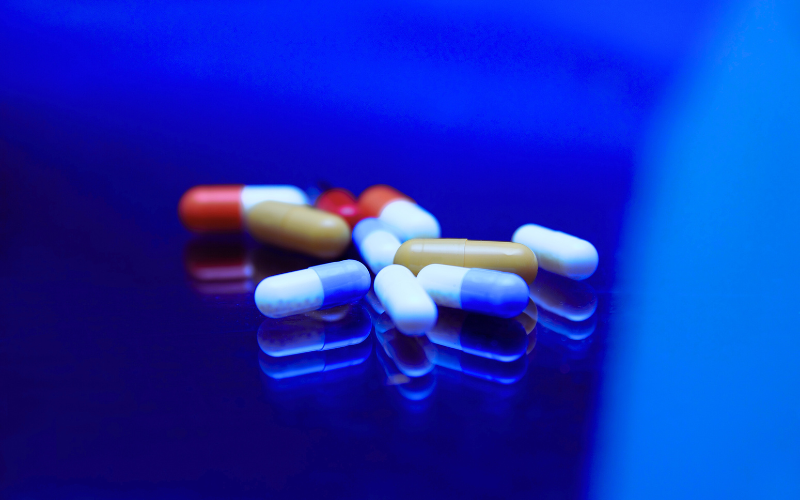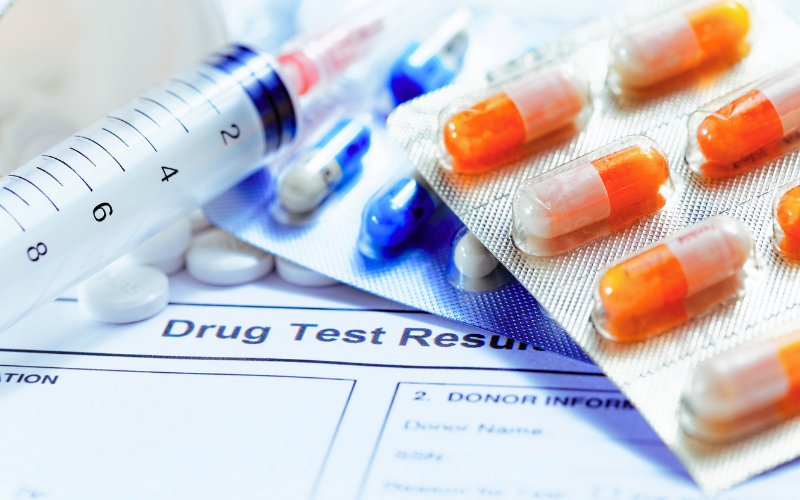Fingerprint Drug Testing Featured on BBC Inside Science
Intelligent Fingerprinting’s drug testing technology was recently featured on BBC Radio 4’s Inside Science. Listeners were introduced to the innovative science behind fingerprint-based drug screening. The segment explained how our patented method identifies drug use through a fingerprint sample by detecting metabolites in sweat.
Developed from research at the University of East Anglia, our solution detects four drug types:
- Cannabis (THC)
- Cocaine
- Opiates
- Methamphetamine
Even though fingerprint residue is microscopic, our system can detect metabolites at picogram levels. This is equivalent to a trillionth of a gram. As a result, it offers high-sensitivity drug detection without invasive methods.
Accuracy, Differentiation, and Real-World Benefits
In the BBC interview, host Dr. Adam Rutherford probed into the system’s capabilities. Notably, he highlighted it’s ability to distinguish between accidental contact (like picking up traces of cocaine from contaminated notes) versus actual drug ingestion. That’s thanks to the detection of benzoylecgonine (BZE)—a major cocaine metabolite—which confirms that the body has metabolized the drug.
Unlike many traditional drug screening methods that merely indicate presence, our test assesses whether concentrations exceed strict cut-off thresholds, aligning with industry standards. Dr. Rutherford dubbed it “a breathalyzer for drugs”—apt, given our drug screening system’s convenience and reliability across multiple classes of illegal substances.
Empowering Coroners and Workplaces with Actionable Results
One exciting application is in forensic toxicology. The discussion highlighted how our solution is already supporting UK coroners, providing timely insights into recent drug use. In collaboration with the Sheffield Coroner’s Office, our system’s results compared favorably with traditional blood toxicology tests, demonstrating high accuracy and operational value.
In the workplace, our drug screening system offers a highly relevant alternative for employee substance abuse testing, workplace drug policy enforcement, and occupational health compliance. It’s fast, hygienic, and doesn’t require specialized collection facilities. This makes it ideal for organizations aiming to minimize operational disruption.
You can listen to David Russell’s full discussion with BBC Inside Science here, with the interview starting at 21.45.










